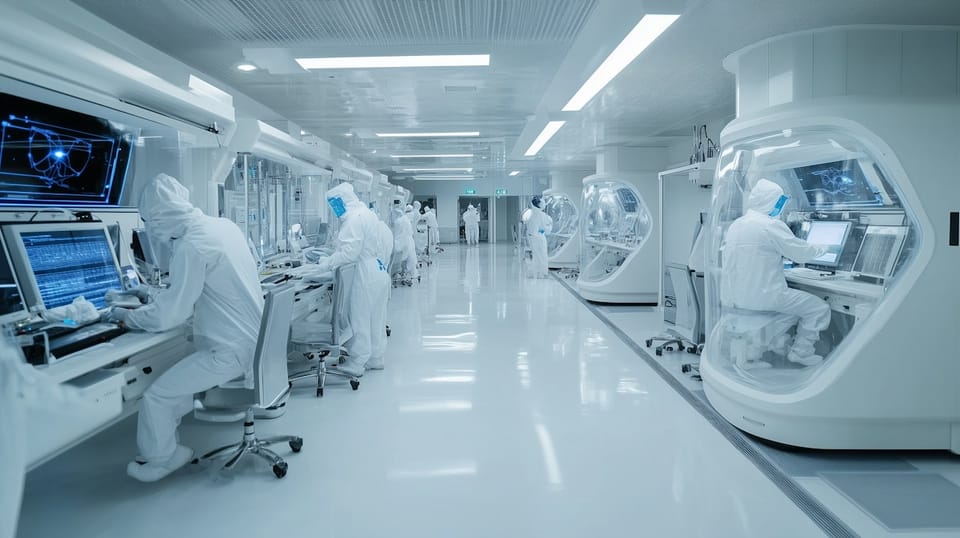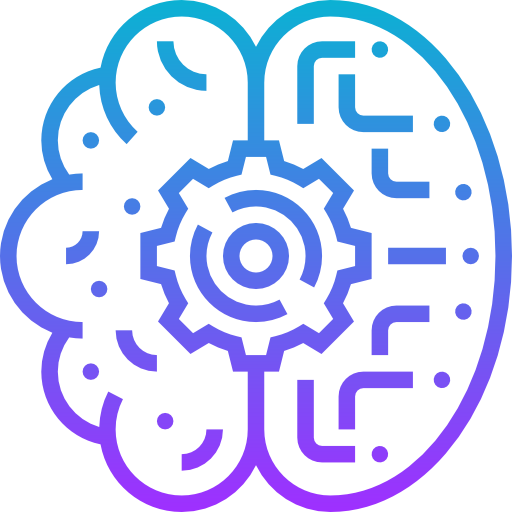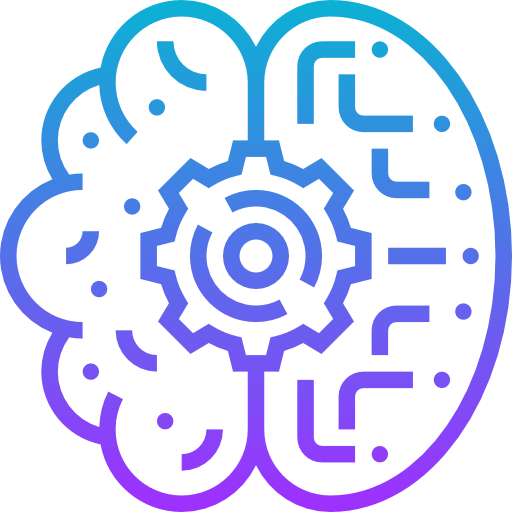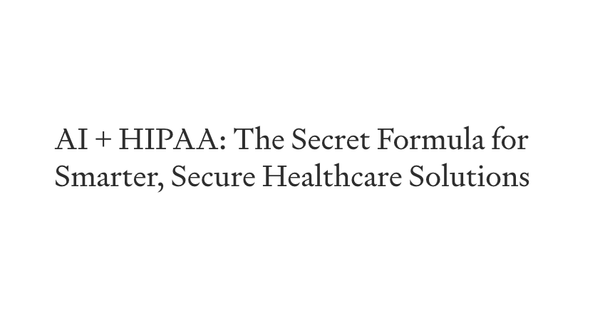AI Agents in Healthcare: The Silent Revolution That’s Already Here
Table of Content
A decade ago, if someone told me AI would be diagnosing diseases, handling patient queries, and even assisting in surgeries, I would have laughed. Not because I doubted AI's capabilities—I’ve been in both the medical and software worlds long enough to know better—but because healthcare is notoriously slow to change. But here we are, with AI Agents reshaping the industry, whether we’re ready or not.
Let’s be clear: AI in healthcare isn’t just about fancy robots or sci-fi doctor replacements. It’s about smart automation, intelligent assistants, and systems that can help physicians, nurses, and even hospital administrators do their jobs faster and more efficiently. And most importantly, it’s about cutting costs without cutting corners.
What Are AI Agents? (And Why Should You Care?)
AI Agents aren’t magic. They’re just smart programs designed to perform specific tasks autonomously. Think of them as hyper-efficient assistants who don’t need coffee breaks, don’t call in sick, and never roll their eyes when asked to do repetitive work.
In healthcare, these AI Agents take many forms: from virtual nurses that monitor patients remotely to AI-powered chatbots answering endless patient questions. The difference between a basic chatbot and a true AI Agent? Learning.
The best AI Agents improve over time, understanding patient behaviors, predicting outcomes, and automating decisions that previously required human intervention.
The Not-So-Glamorous Reality of Healthcare (And Why AI Agents Matter)
Anyone who’s spent time in a hospital—either as a doctor or a patient—knows the system is a mess. Overworked staff, mountains of paperwork, and a constant battle between providing quality care and keeping the lights on.
AI Agents don’t fix everything, but they sure help smooth out the worst inefficiencies.
1. AI in Patient Engagement: The End of "Please Hold"?
Ask any doctor, and they’ll tell you: a large chunk of their day is spent dealing with things that have nothing to do with actual medical care. Appointment scheduling, follow-ups, answering the same ten questions about post-op recovery—it’s endless. AI Agents, however, can handle these tasks seamlessly.
- Virtual assistants like AI-powered receptionists are already replacing the need for call centers, handling appointment bookings and patient reminders with zero human intervention.
- AI-driven patient education tools help individuals understand their conditions better. Instead of Googling symptoms and ending up convinced they have a rare tropical disease, patients get personalized, AI-curated medical advice.
- Predictive AI can detect when a patient is likely to miss an appointment and nudge them with a friendly reminder, reducing no-show rates (which cost the industry billions).
The result? Less stress for doctors, better access to care for patients, and huge cost savings for hospitals.

2. AI in Diagnostics: No, It’s Not Replacing Doctors (Yet)
I remember my first experience with AI-assisted diagnostics. It was an early-stage algorithm that could identify pneumonia from chest X-rays with surprising accuracy. It wasn’t perfect, but it was better than I expected. Fast-forward to today, and AI is spotting cancerous tumors, identifying stroke symptoms, and even detecting early signs of Alzheimer’s—sometimes before human doctors do.
- AI Agents scan medical images at lightning speed, flagging abnormalities for human radiologists to review.
- They analyze patient data in real time, spotting patterns doctors might miss in the chaos of a packed ER shift.
- Some AI models can even predict disease progression, giving doctors a crucial head start in treatment planning.
Is AI replacing doctors? No. But it is making them more efficient, reducing diagnostic errors, and giving patients a fighting chance at earlier, more effective treatments.
3. AI in Administration: Less Paperwork, More Patient Care
Let’s talk bureaucracy. Medical professionals didn’t sign up to push papers and deal with insurance claims all day. But thanks to outdated systems, that’s often what happens.
- AI-powered RPA (Robotic Process Automation) is tackling insurance claims, billing, and medical coding—tasks that used to take hours.
- AI-driven data management systems ensure patient records are accurate, updated, and secure, reducing medical errors caused by misplaced or outdated information.
- Predictive analytics help hospitals manage bed availability and resource allocation, optimizing staff scheduling and reducing patient wait times.
Hospitals that embrace AI Agents in administration are seeing better patient outcomes simply because doctors and nurses get to focus on medicine rather than paperwork.

The Inevitable AI-Driven Future of Healthcare
Healthcare AI isn’t some futuristic dream. It’s already here, just unevenly distributed. Some hospitals and clinics are fully embracing AI-powered systems, while others are still buried in paper records and fax machines (yes, those still exist in healthcare—don’t ask).
But the trend is clear: AI Agents are making healthcare more efficient, less expensive, and—despite some early skepticism—better for both doctors and patients.
Will there be resistance? Absolutely. Change is hard, especially in an industry where mistakes cost lives. But for those willing to adapt, AI Agents are the silent revolution reshaping healthcare—one automated task at a time.
So, if you’re in healthcare, the real question isn’t "Should we use AI?" It’s "How soon can we start?"













